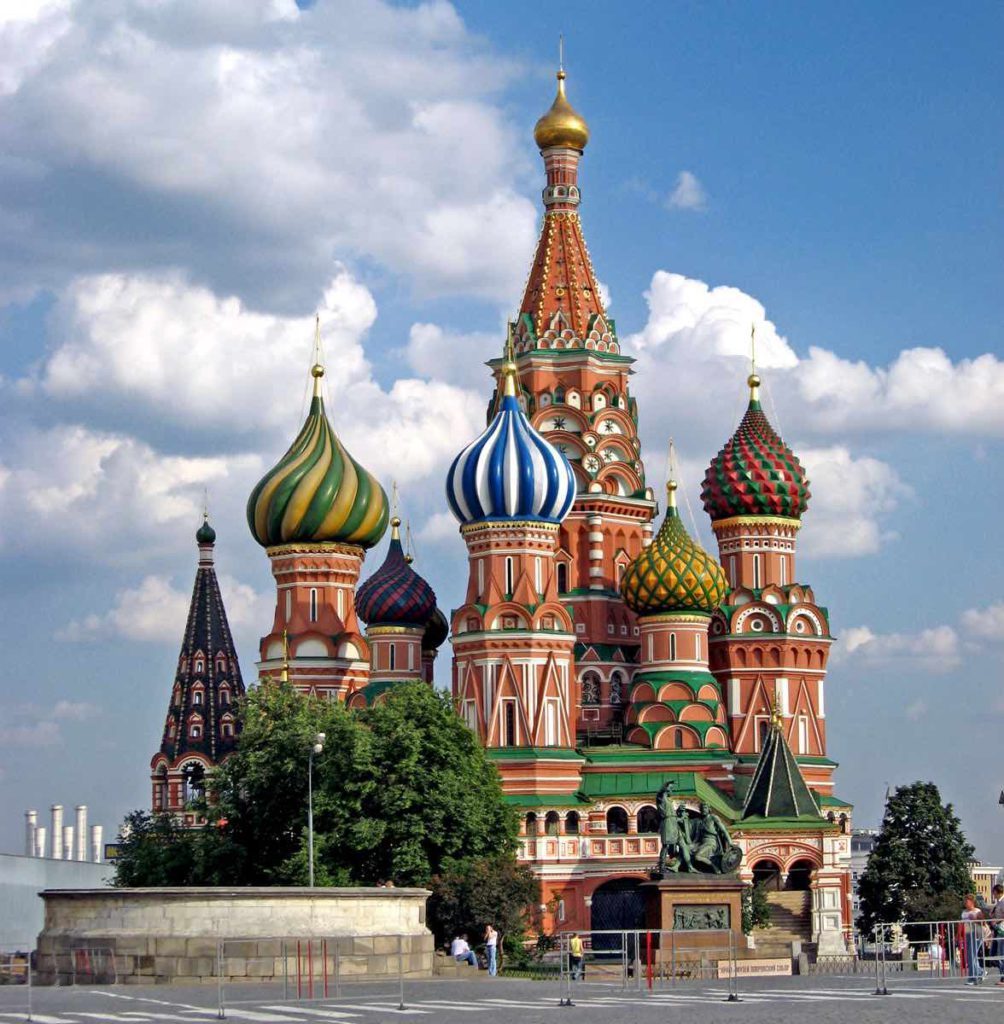Report: Russian telcos resist sanctions in Q1
June 30, 2022

A few months after the start of the Ukraine invasion, regional TMT companies started publishing their periodical reports, giving more insights on how current political circumstances have affected them. The most significant impact of the war is reflected on revenues, as Russia suffered an unprecedented depreciation of the ruble which reached a peak in early March at 140 roubles for 1 dollar, reports Dataxis. Since then, the Russian currency has steadily recovered its strength and stood at an average of 65 roubles for 1 dollar last May. Apart from that, Dataxis says the main Russian telcos have so far reported minor changes in terms of both subscriber counts and revenues in local currencies.
VEON, which operates the Beeline brand across the CIS, reported a total income of over RUB 72 billion last quarter in Russia, which represents a 5.6 per cent increase year on year, although it is 6.8 per cent lower than Q4 2021 revenues. The group nonetheless stated its concerns in its latest report, as the ongoing conflict between Russia and Ukraine already impacted the group, along with “[their] service providers, partners, suppliers and other counterparties”. In 2021, over 50 per cent of VEON’s income was generated in Russia, and an additional 14 per cent in Ukraine.
Meanwhile, MTS Group also reported steady results at end-March. The operator’s total revenues increased by 8.5 per cent year on year, and by 7.6 per cent in Russia alone. The group’s telecom consumer business makes up for about 50 per cent of its income, with a growing importance of its video business since the rebranding of their Russian OTT platform, Kion, at H1 2021. In its latest press release, the group insisted on its “solid results”, driven both by its historical business segments and growth on new services like banking. These two CIS-based telecom groups have so far reported steady figures for Q1 2022. But on the other hand, notes Dataxis, other significant local telcos are yet to publish their latest results. Rostelecom announced at mid-May that they decided not to publish their Q1 2022 financial statements. Megafon also hasn’t published figures since its 2021 end-year report.
As the situation in the region remains uncertain, Russian telco’s operations and business plans are likely to evolve significantly over the next months, primarily in Russia and Ukraine. From a logistics perspective, local actors of the TMT industry lost a significant number of technical partners following international sanctions. Last April, Ericsson suspended its activities in Russia, shortly followed by Nokia. In May, Intelsat blocked some of Russian main TV channels from the platform of Orion Express, following the international ban on the Russian public TV and radio broadcaster VGTRK, affecting service distribution for more than 3 million households.
Meanwhile, Russian media outlets have been largely banned abroad: the distribution of Russia Today and Sputnik has been forbidden in the European Union since March, a measure that was also taken in the UK. RT was already banned in Germany since early February, after what the Russian government threatened to retaliate by banning Deutsche Welle in its territory. At mid-March, YouTube suspended all monetisation in Russia and blocked the distribution of Russian state-backed outlets on its platform. In Latvia and Lithuania, two countries which were in the historical sphere of influence of Soviet authorities, such bans over Russian outlets have been enforced since 2015 already.
In terms of subscriber count, Russian TV and video service providers and market observers did not report any significant drops, except in cases directly linked to international sanctions. At end-February, Netflix shut down its service across the country, losing an estimated half of a million subscribers. Despite being present in Russia for a few years, the streaming giant only managed to attract a rather small portion of Russian audiences, due to a significantly higher price entry than its local competitors and an overall lack of local content. The platform shortly gained momentum last year after signing a partnership with local commercial broadcaster National Media Group. Local observers confirmed that except for this case, OTT services’ audiences have not been significantly affected by political events since February. Netflix’s traffic ultimately was redistributed among other local video streamers.
Overall, the Russian telecom and media industry showed steady results on its domestic market last quarter. Operations and infrastructures are largely owned and managed by local actors and this ensures the whole industry a relative autonomy from international shareholders. As a result, sanctions taken so far towards Russian companies and authorities have mostly impaired their activities abroad and these of international actors operating in Russia, concludes Dataxis.
